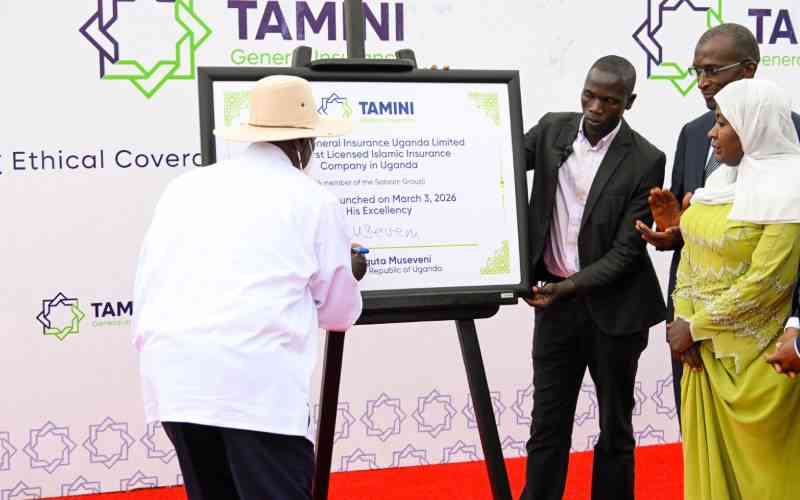×
The Standard e-Paper
Kenya’s Boldest Voice
By Kenneth Kwama
Masaru Ibuka, the man who co-founded world's biggest electronics manufacturer, Sony Corporation was so passionate about his work that at some point during his career, he tried to stick his eyelids with glue in order to stay awake to continue working.







